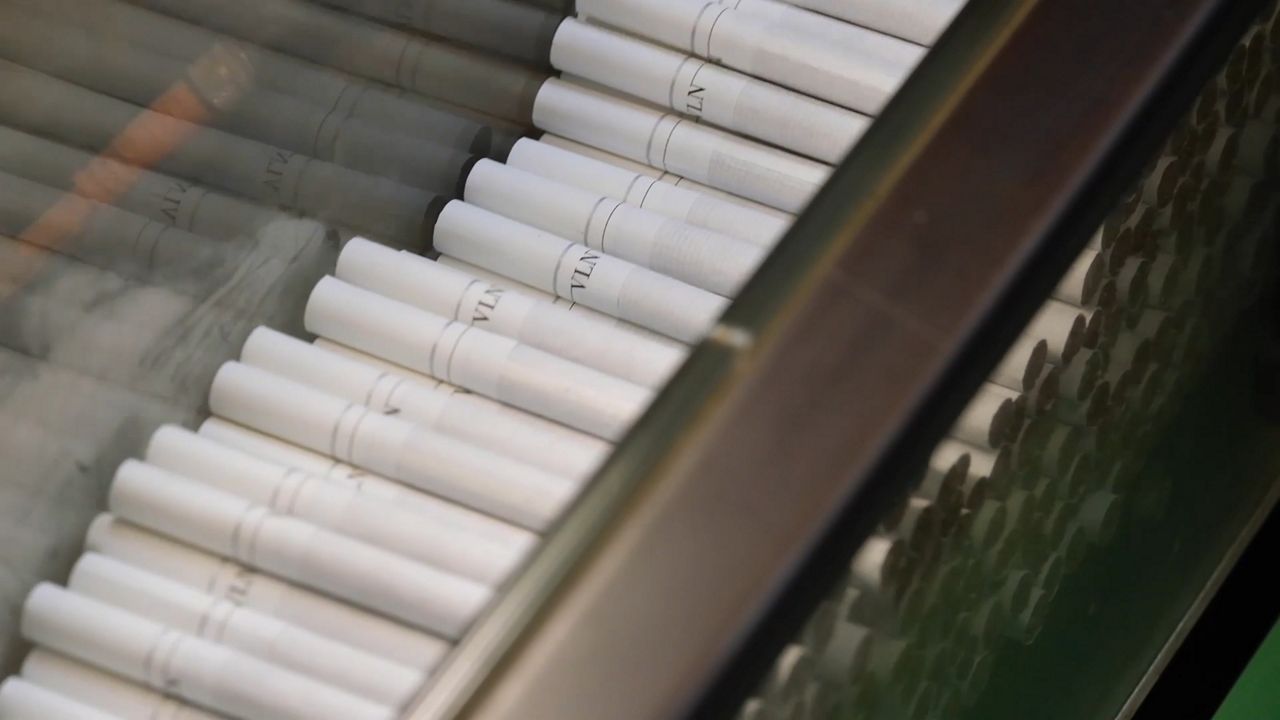New York state officials are being urged to step up the enforcement of illegally smuggled cigarettes amid state budget talks that could lead to a $1-per-pack tax increase as well as a ban on menthol cigarettes.
At the same time, anti-tobacco advocates and civil rights leaders are stepping up a push to support the ban-and-tax plan in a final version of the state budget, due April 1, while also pushing back on claims of policing concerns created by a potential ban.
The New York Association of Convenience Stores this week in a letter to Gov. Kathy Hochul pointed to more than $1 billion in lost revenue from illegally smuggled tobacco products in the state. The Tax Foundation has reported this accounts for about 250 million smuggled cigarette packs.
"This is funding that could be used for cessation programs or enforcement efforts but instead supports an economy where there are no rules and certainly no age requirements," wrote Kent Sopris, the group's president. "Not a week goes by where my taxpaying, law-abiding members do not report illegal retail activity in their towns and cities."
The group urged Hochul to instead step up enforcement of existing anti-smuggling laws in New York.
"If the state is serious about lowering smoking rates and ensuring consumer products on the market are legal and taxed appropriately, instead of advocating for failed policies like flavor bans and tax increases, it should prioritize and fund enforcement programs statewide," he wrote. "Any other policy will merely hurt New Yorkers."
Meanwhile, supporters of the tax-and-ban proposal first proposed by Hochul this year rallied at the Capitol on Monday.
Rev. Kirsten John Foy, the president and founder of Arc of Justice, said tobacco giants have sought to cloud the issue over the criminal justice effects of a menthol ban.
He added the state would save money by restricting access to products that have harmed poorer communities.
"New York stands to save tens of billions of dollars in immediate and long-term public health care costs," Foy said. "These costs are borne out by the state because the communities that are targeted are in large measure covered by Medicaid. Because Big Tobacco targets these communities, they bear a large disparity in health care outcomes."
State lawmakers rejected the proposed flavored tobacco ban in their budget proposals advanced last week.



